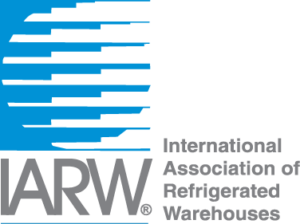Managing Your Under-Performers Up or Out!

Have you ever noticed how we tend to hire fast and fire slow in organizations? That’s because leaders shy away from managing the performance of their under-performers. They avoid engaging in the process, instead choosing to shove their heads in the sand waiting for the wind to blow past them and everything to get better on its own. Have you ever had an under-performer who actually got back on track simply by figuring it out on their own?
Ostrich management, as it’s often called, simply doesn’t work. Underachievers aren’t likely to get better on their own. If they haven’t figured it out yet, what makes you think they will now? Under-performers don’t turn things around and become star performers without focused and intentional training and management intervention.
I have a CEO client whose direct report has not been meeting expectations for quite some time. Business has fallen short of the stated targets, and until very recently this team member – who is himself a C-level executive – didn’t even realize the company was consistently delivering unprofitable work under his leadership!









